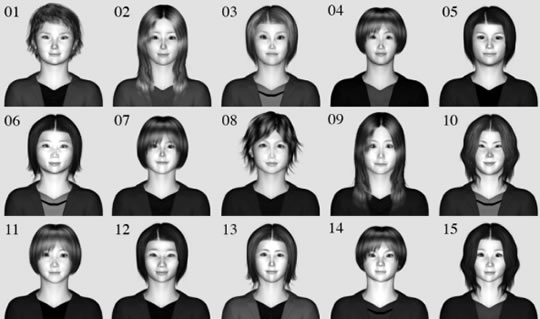
How to appear up to 40% more likeable and approachable.
Nodding the head increases attractiveness to others by up to 40% research finds.
Head nodders were rated as both more likeable and more approachable.
It was primarily people’s personality that appeared more attractive when they nodded.
Essentially, nodding makes people more likely to approach you in social interactions.
Dr Jun-ichiro Kawahara, study co-author, said:
“Our study also demonstrated that nodding primarily increased likability attributable to personality traits, rather than to physical appearance.”
The research, carried out in Japan, compared nodding with keeping the head still and with shaking it, as in indicating ‘no’.
Shaking the head had no effect in comparison to keeping it still.
Nodding, though, increased perceived approachability and attractiveness by 40% in comparison to keeping the head still or shaking it.
The Japanese researchers have previously found that bowing increases perceived attractiveness.
However, this finding may have less universal relevance in cultures that do not customarily bow.
The study used computer-generated female faces, as below.

Dr Kawahara said:
“Generalizing these results requires a degree of caution because computer-generated female faces were used to manipulate head motions in our experiments.
Further study involving male figures, real faces and observers from different cultural backgrounds, is needed to apply these findings to real-world situations.”
But, watch out, there are dangers to nodding too much.
Researchers have found that nodding makes you unconsciously more inclined to agree, as the study’s authors explain:
“Participants in [one study] were asked to move their heads vertically (nodding head movement) or horizontally (shaking head movement) while they listened to music or an editorial.
The result indicated that participants who had nodded agreed more with the persuasive message than did participants who had shaken their heads, suggesting that overt head movement produced a persuasive impact on individuals.”
The study was published in the journal Perception (Osugi & Kawahara, 2017).










